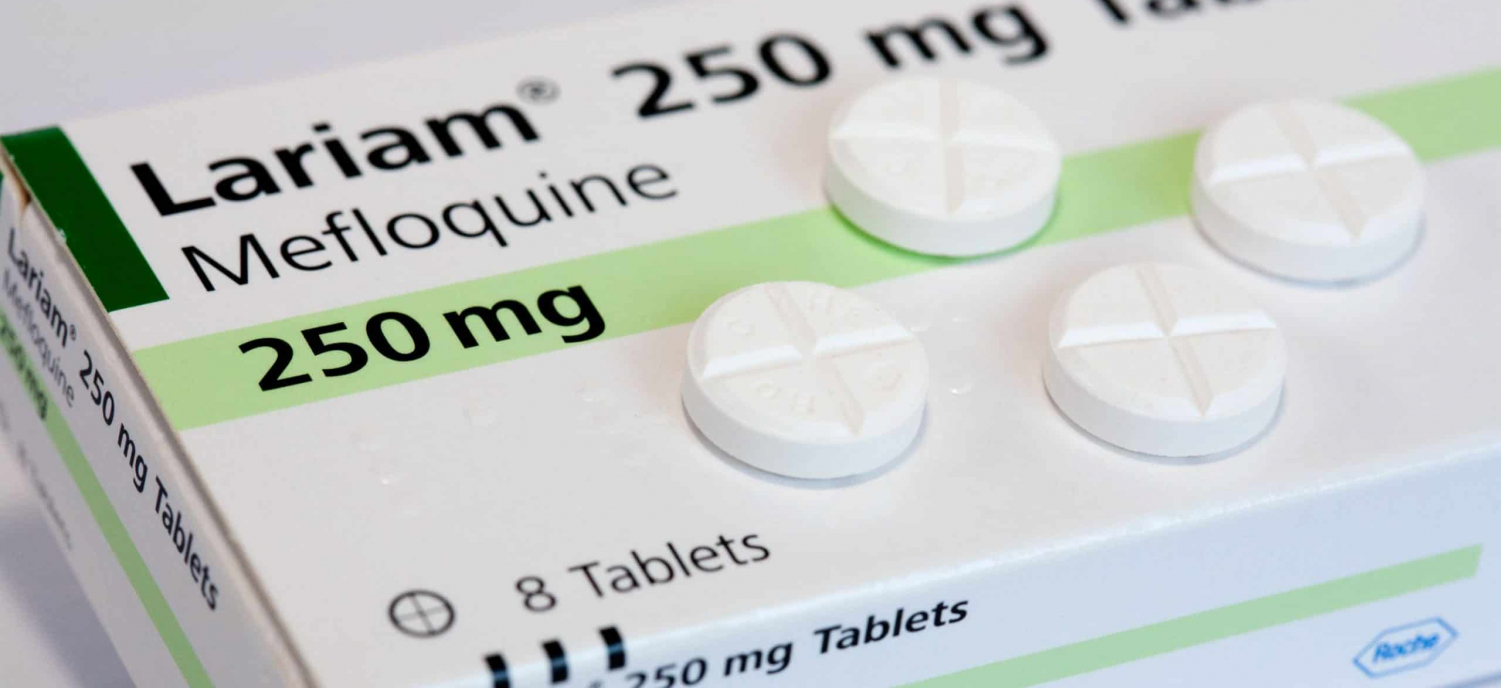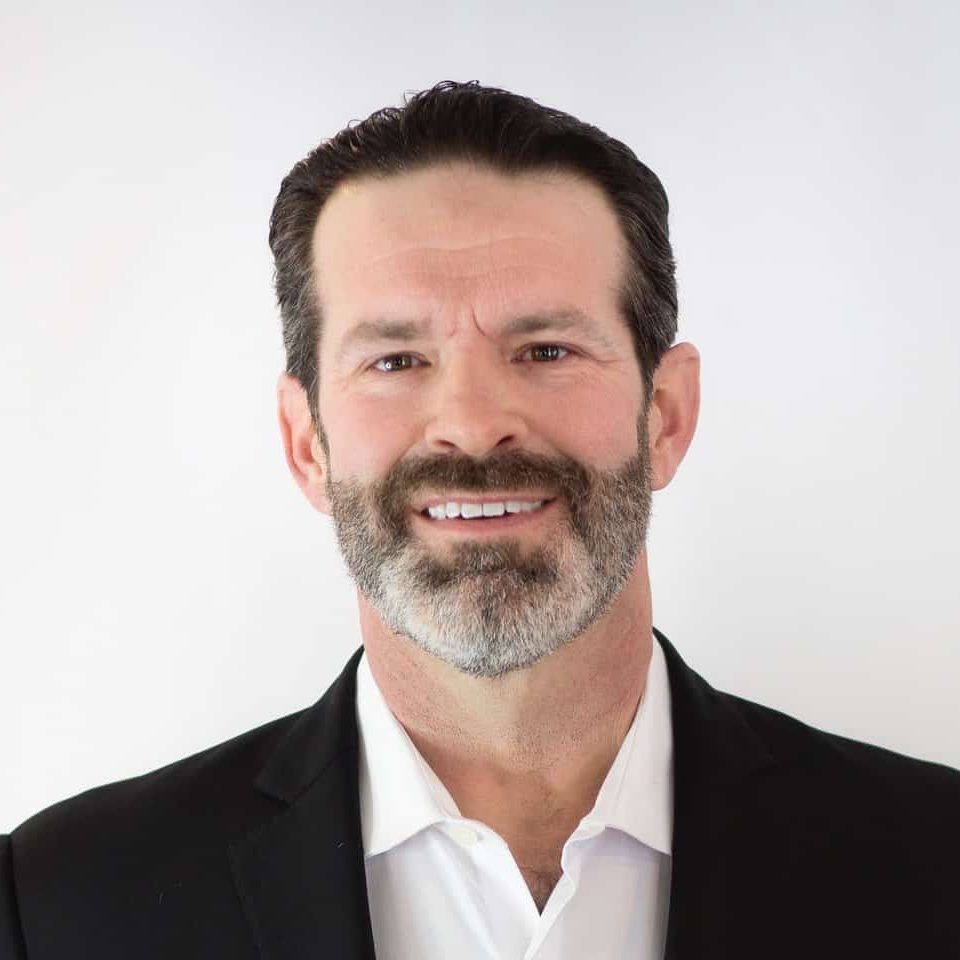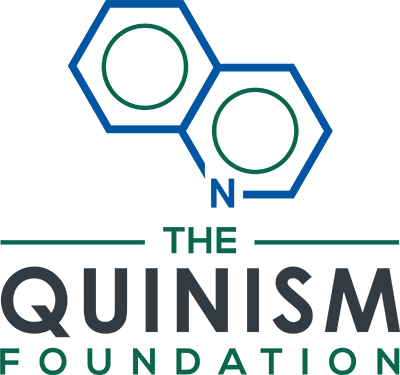About Us
The Quinism Foundation is a 501(c)(3) nonprofit charitable organization established to support education and research on quinism, also known as chronic quinoline encephalopathy, the disease of the brain and brainstem caused by poisoning from mefloquine, tafenoquine, chloroquine, and related quinoline drugs.

The foundation has an enormous job ahead. We must prepare healthcare organizations to identify those exposed to quinolines and to screen for symptomatic quinoline exposure. We must educate clinicians to diagnose chronic quinoline encephalopathy and other medical conditions caused by quinoline poisoning. We must train researchers to distinguish the effects of quinism from those of other disorders, including Post-traumatic Stress Disorder (PTSD) and Traumatic Brain Injury (TBI). We must assist government agencies to recognize those suffering disability from quinism. We must identify risk factors for the disease. We must attempt to count all those affected. And, we must support a search for effective treatments.
Please take a moment to sign up for our mailing list. In the coming weeks, you will begin to receive regular updates from the foundation. You will also learn about how to get involved and support the foundation’s activities and donate in support of research and education. The foundation is proud to be listed as a registered charity in the PayPal Giving Fund and in the Network for Good’s donor-advised fund. You can also read more about the foundation’s charitable activities by reviewing our listing on Guidestar.
In the meantime, you can learn more by reading this press release announcing the foundation’s incorporation.
On behalf of The Quinism Foundation, I thank you in advance for your support. I am confident that together, we can make a difference in the fight against quinism. I hope that you will join us.
Sincerely,
Remington Nevin, MD, MPH, DrPH
Executive Director, The Quinism Foundation

Board of Directors

Timothy Dunn

Bill Manofsky


